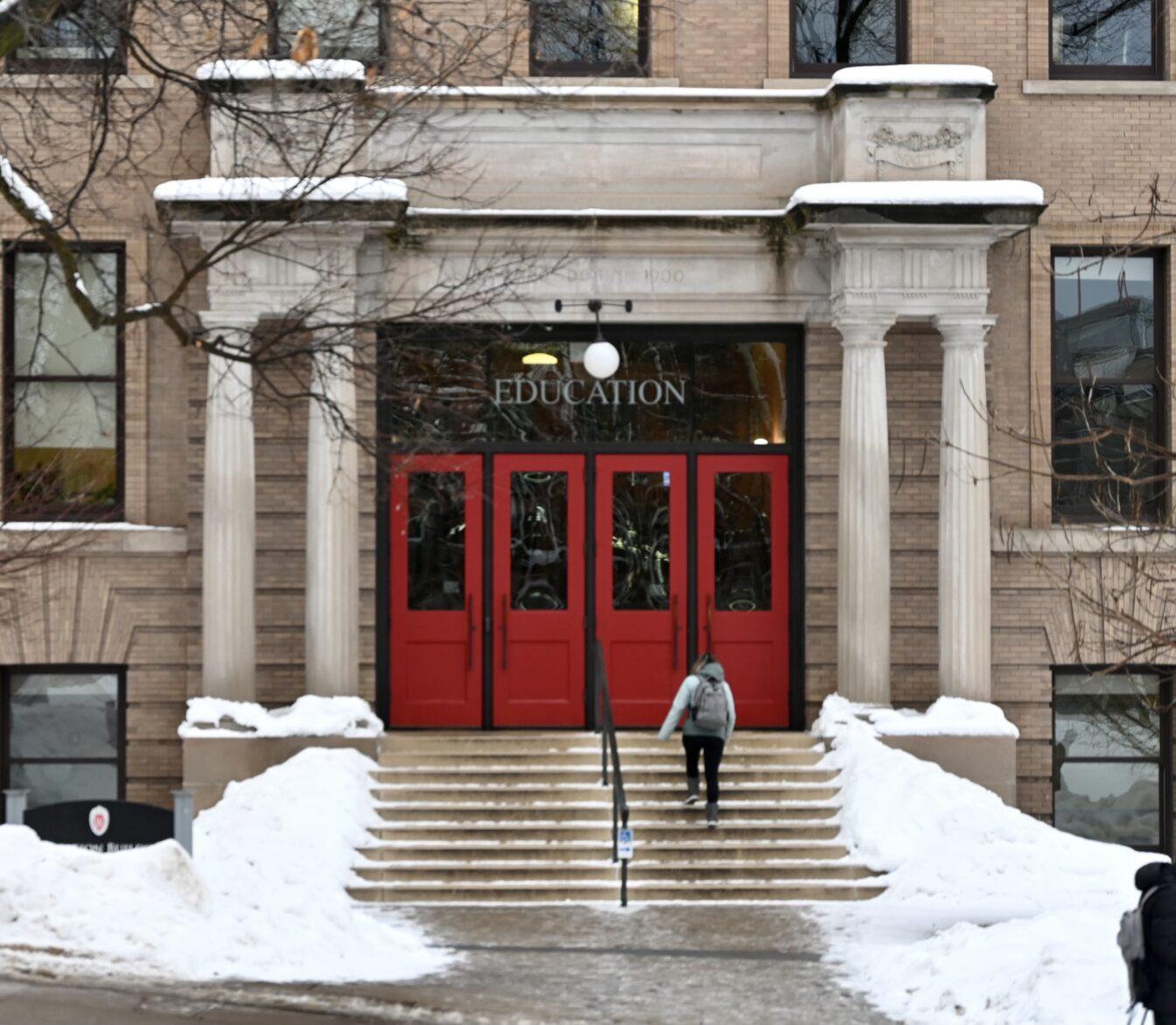The Blk Power Coalition will host a Black history teach-in Feb. 24 at 10:30 a.m. called “Radical Imagination.” The event will include a keynote address, a meditative practice and an intergenerational panel on Black student activism, chief officer of BPC Jekiah Manor said.
Founded during the Spring 2023 semester BPC is a student-led organization unaffiliated with the University of Wisconsin. The group focuses on making the UW campus a safer and better place for Black and Brown students, according to Manor.
“We want to do both proactive and reactive work,” Manor said. “I think that this event is a perfect example of proactive work.”
A part of the event will be dedicated to author and University of Michigan professor Charles H.F. Davis III, who will deliver a keynote address titled “In Pursuit of Abolition and a Higher Education for the Black Public Good,” according to a post on BPC’s Instagram. Additionally, they will present an intergenerational panel on Black student activism and will host three members of the 1969 Black Student Strike — Geneva Brown, Charles Holley and Hazel Symonette. Kenji Summers will also guide a meditation for students and hosts of the event in order to ground the space in preparation for discussion, Manor said.
The teach-in will also feature a workshop where students will be invited to participate in a discussion that encourages transformative thought processes, Manor said. This discussion will cover topics such as how students imagine campus and how they wish to shape the future of the community.
“We’re hoping that students will contribute to the dialogue of the event, so that we can collectively reimagine what UW would look like if it were a space where all people were not only welcome but also celebrated,” Manor said.
BPC hopes the event will allow students to come together in a space where their voices are heard, Manor said. As a result of the teach-in, the organization also hopes that students will have a greater understanding of the history of Black activism on college campuses.
“Black history is today, Black history is now,” Manor said. “Us having these conversations allows for students to be a part of that history.”


